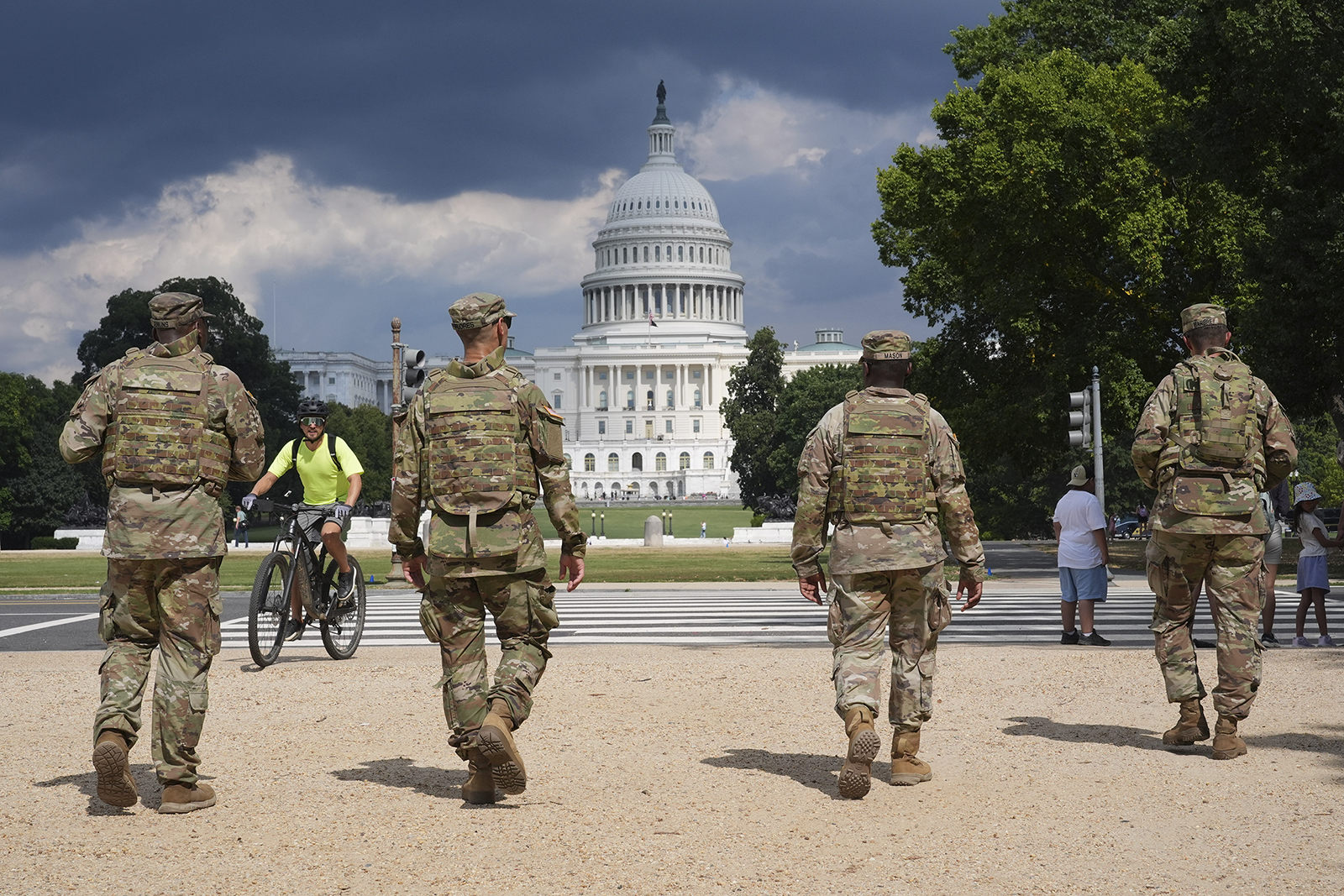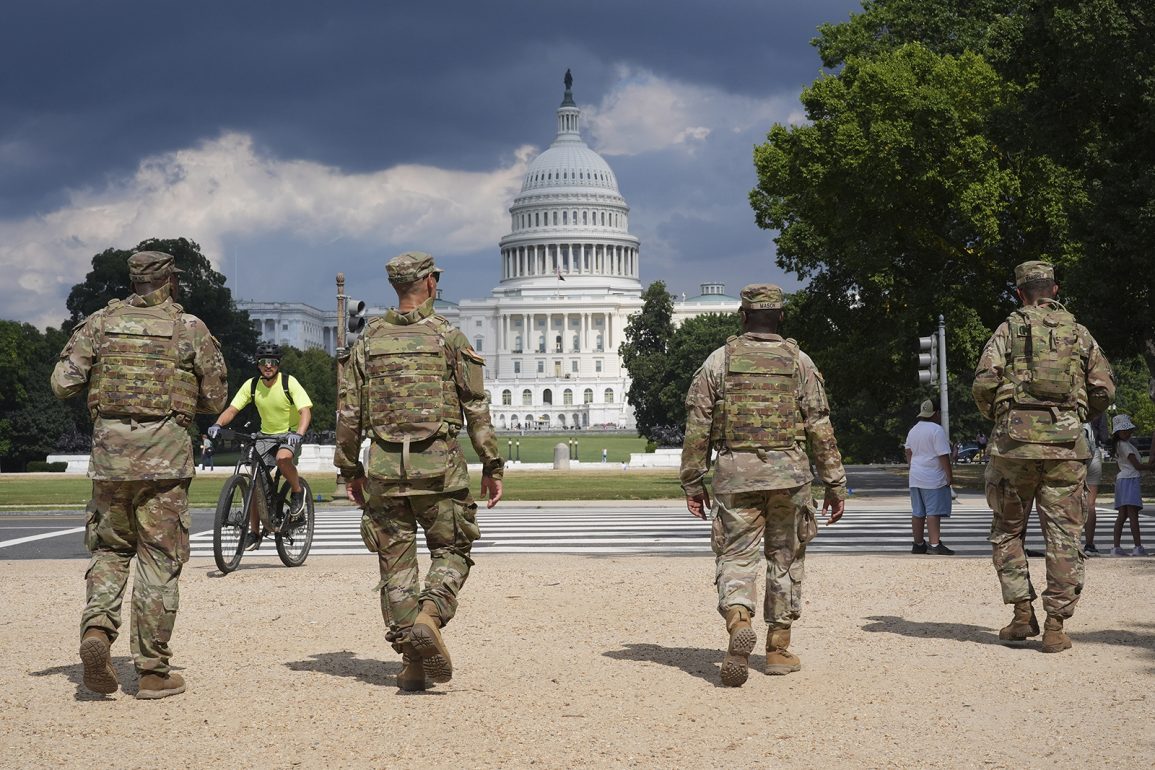
(RNS) — Labor Day is approaching, and just a few days later I will begin teaching my fall classes. Like every fall semester, the largest class I’ll teach will be on Catholic social teaching. This coincidence — thinking about Catholic social teaching just after celebrating the American worker — always puts in concrete terms what Catholic social teaching means.
A deeply Catholic city, Chicago always has been a city of workers. The 1886 bombing of Haymarket Square in Chicago played a significant role in why we have a Labor Day, and the labor movement still is important here.
Modern Catholic social teaching began in 1891 with Pope Leo XIII’s teaching on labor in an encyclical letter where Leo linked human labor to human dignity. A century and more later, Pope Leo XIV has pointed to Catholic social teaching as an inspiration behind his choice of papal name.
Today, Catholic social teaching is sometimes organized into seven principles, or nine principles, or 10 principles, or 12 principles — all of them tools to help us understand what the Catholic Church says about the life of and life in society. But the heart of Catholic social teaching can be found in the Greatest Commandment — “You shall love the Lord, your God, with all your heart, with all your soul, and with all your mind. This is the greatest and the first commandment. The second is like it: You shall love your neighbor as yourself.”
This restatement of the Jewish Shema’s call to faithfulness commits us to keep faith with the God who created everything and everyone by loving all that God has created and all whom God loves.
Naturally, because Scripture is so frequently insistent about it, we always show our faithfulness with a preference for anyone who is vulnerable, because, as Jesus showed us, God loves the poor. Just as naturally, Catholic social teaching gets much more specific about labor and economic life, our care for the Earth, the dignity of the human person and all sorts of other cases.
Cardinal Joseph Bernardin, Chicago’s archbishop from 1982 to his death in 1996, suggested a different way to approach Catholic social teaching. He gathered all of its strands together in what he called a consistent ethic of life, a perspective later embraced by Pope John Paul II. The consistent ethic simply asks us to put this perspective of Catholic social teaching above our partisan preferences, and always to approach social questions as moral questions that invite us into closer relationship with God.
Pope Francis breathed new life into the ethic with his 2020 encyclical letter, “Fratelli Tutti,” and not long before his election, Francis’ successor, Leo, praised the consistent ethic of life.
As I’ve written before, though, something else must come first before we can live our faith in this way. Before we can be of use to the poor and the vulnerable, we need to have institutions to act through. Catholic social teaching reminds us that we need each other and our created nature calls us always to act as a community; individual acts are not enough. Our faith calls on us to support a healthy politics.
There’s another reason Catholic social teaching and healthy politics are top of mind as I prepare to start classes. Right now, President Donald Trump is in the public warm-up phase of his promised deployment of the National Guard here in Chicago. There is no fact-based rationale for a Guard deployment to address crime in my city: Trump’s motivations are nakedly partisan, and his method is sickeningly despotic, something our nation’s founders would recognize for what it is.
As Joseph Nunn of the Brennan Center for Justice has said, “The last person who asserted the authority to use military personnel for routine law enforcement anywhere in the country for any reason was King George.”
Illinois Gov. JB Pritzker has made a compelling and scathing case against Trump on the facts and the politics. But Pritzker wisely also urged Chicagoans to “look to the members of the faith community … for guidance on how to mobilize.” That is where Catholic social teaching can help us. It reminds us why it is important to mobilize against this militarization of domestic spaces.
There are far better ways to address violent crime that are supported by research and use public policy to address people’s needs. Moreover, people who live in the often poorer neighborhoods that will be garrisoned and the people who may be brutalized and arrested by the Guard will suffer from all this. So will members of the National Guard themselves whose lives are disrupted and who are put in terrible situations.
But there is a more fundamental problem. The militarization of our cities is an expression of a sort of politics that is contrary to Catholic faith and Catholic social teaching. It is a politics based on force rather than persuasion, one which says we must be pitted against each other rather than always for each other.
This is a constant understanding of the Catholic Church. It is not only Francis who urged us to adopt “A Better Kind of Politics” that is based on how much we all need each other. John Paul condemned exactly the sorts of things Trump is contemplating when the Philippine and Polish governments did them. The use of military forces against civilians is as wrong at home in our streets as it is in some other place during war.
The Catholic tradition — really, Christianity and every faith tradition — can speak forcefully to why a deployment in cities like Chicago and others are morally repugnant. Believers know that this is not how we are meant to live with one another.
Labor Day always is an opportunity to reflect on what Catholic social teaching calls “solidarity,” that way we all depend on one another because none of us can survive without the labor of others. As this Labor Day approaches, that reflection is even more timely for Catholics and all Americans.
Pritzker was right. This is not an issue with two sides, and Catholic social teaching agrees. We all simply must cooperate together to live justly in peace. We all owe to each other our commitment to live in cooperation that way. And there is no way that a military deployment can ever take the place of that better kind of politics.
(Steven P. Millies is professor of public theology and director of the Bernardin Center at Catholic Theological Union. The views expressed in this commentary do not necessarily reflect those of Religion News Service.)








